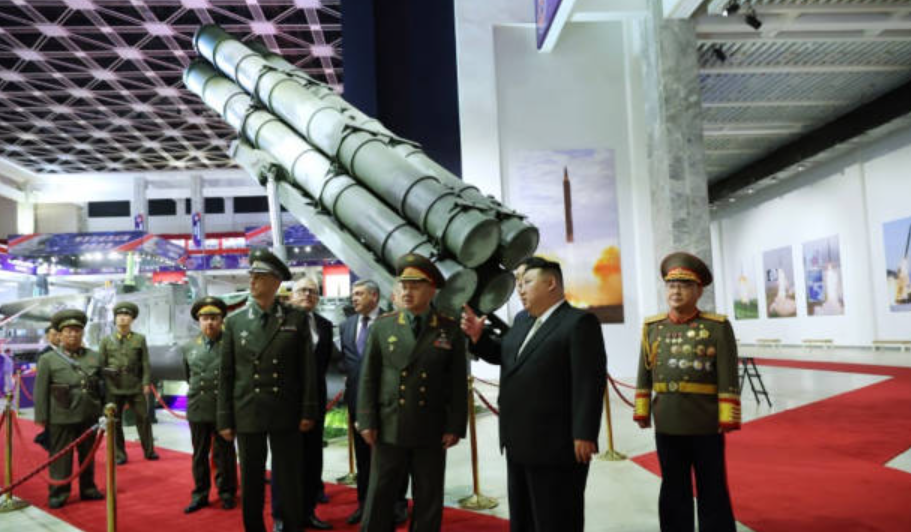North Korea’s announcement of its successful launch of the Malligyong-1 satellite has once again stirred international concerns, amplifying regional tensions.
The secretive nation stated that this satellite launch is crucial for its self-defense against perceived threats posed by adversaries engaged in what it termed “dangerous military maneuvers.”
Global powers, including South Korea, the United States, and Japan, are still dubious regarding the satellite’s true orbital placement, despite North Korea’s declaration that this action was justified as its legitimate right for self-defense. Independent confirmation of its successful orbital entry was not possible for any of these nations. Neighboring countries have responded quickly to the launch.
South Korea swiftly labeled it a blatant violation of a UN Security Council resolution banning North Korea from employing ballistic missile technology. As a consequence, South Korea partially suspended an agreement with North Korea, limiting its surveillance along the demilitarized zone.
The trajectory of the rocket, passing over Japan’s Okinawa prefecture, has elicited strong condemnation from Japanese Prime Minister Fumio Kishida. He expressed deep concern about the safety implications for Japan’s populace and reaffirmed close collaboration with the US and South Korea in addressing Pyongyang’s actions.
North Korea Defends Actions Amid Global Criticism

Amidst these changes, North Korea’s launch preparations have been closely observed by the US and South Korea. These countries’ Aegis destroyers, as well as Japan’s, were stationed for close inspection. The precise location of the satellite has not yet been confirmed, though.
This launch represents North Korea’s third attempt to establish a satellite in orbit. Previous endeavors in May and August ended in failure due to technical malfunctions and errors, prompting criticism from neighboring countries.
Despite setbacks, North Korea remains resolute, asserting its sovereign right to pursue its satellite program.
Pyongyang’s persistent pursuit of satellite launches continues to raise concerns about its broader intentions, with suspicions lingering regarding its interest in advancing intercontinental ballistic missile (ICBM) technology.
Despite international criticism, North Korea has staunchly defended its actions as lawful and within its sovereign rights.
As tensions simmer and global scrutiny intensifies, North Korea’s commitment to further launches signals a continuation of its provocative stance, challenging the established international norms and aggravating the precarious geopolitical landscape in the region.


Comments are closed.